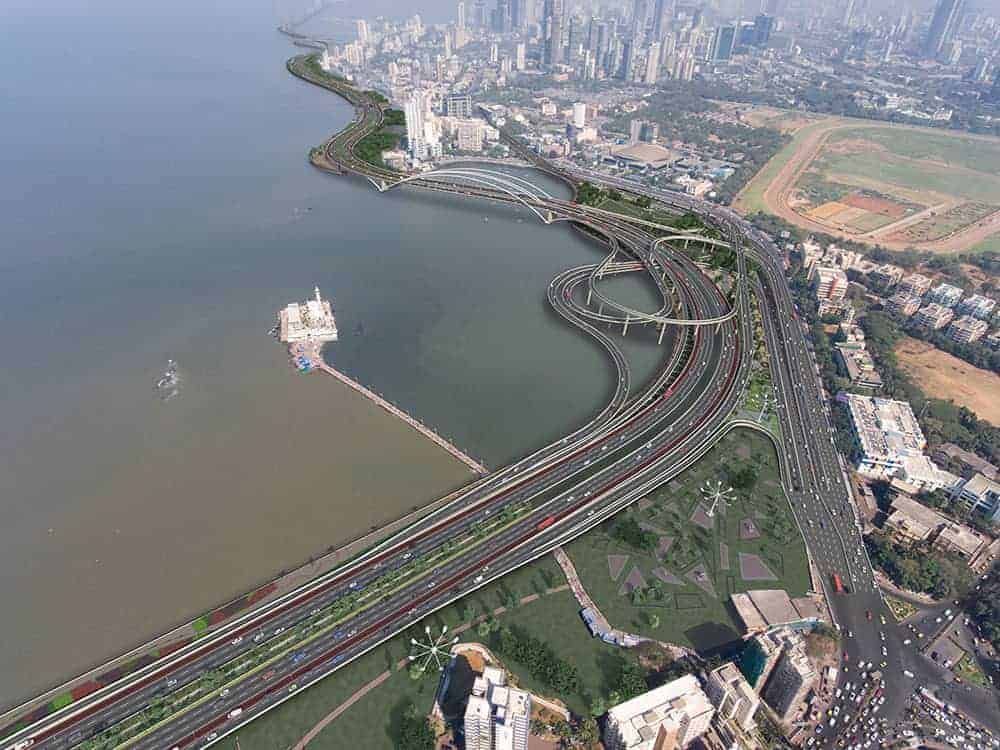Schools, colleges to reopen from October 4
Mumbai Mayor Kishori Pednekar has issued strict guidelines for the city’s schools which are set to open for Grade 8 – 12 on October 4. The guidelines included mandates such as contact sports are disallowed, all schools and colleges have to be connected with nearby Covid centres, follow one seat for one student policy, and have 50 students capacity per class. What the SOPs are missing, as some experts point out, is how underfunded civic schools will be supported by the BMC to carry out some of these procedures.
According to a Citizen Matters report from February, 2021, 206 ‘unrecognised’ schools function in Mumbai, primarily in informal settlement areas and generally cater to marginalized communities. Many schools continue functioning despite not adhering to the requirement of owning a minimum of half an acre of land for their building making social distance in their schools difficult.
Source: LiveMint, MoneyControl
Read more: The problem of Mumbai’s ‘unrecognised’ schools. What are the solutions?
New species of swamp eel discovered in Mumbai
A new species of swamp eel belonging to the genus Rakthamicthys endemic to India was discovered in a well in Jogeshwari Wast. It was named the Mumbai blind eel. Unlike other species of its genus, the Mumba lacks eyes, fins and scales, has jaws equal in forward extent, different gill aperture, crescentic-shaped cephalic.
This is the first completely blind subterranean freshwater fish species to be described from Maharashtra and the Northern western Ghats. The new species was found by Chief Minister Uddhav Thackeray’s younger son Tejas Thackeray and the team at Thackeray Wildlife Foundation in a 40-foot deep well on the premises of a blind school in 2019.
Source: Indian Express, Outlook
Read more: Photo essay: Documenting Mumbai’s Baobab trees
Coastal zone plan for Mumbai city, suburbs gets Centre nod

The Union Ministry of Environment, Forest and Climate Change has approved the Coastal Zone Management Plan (CZMP) for Mumbai and Mumbai suburbs. The new CZMP reduces restrictions on development in creek and bay areas to 50 m from the high tide line. Earlier, builders whose plots were within 500m of the coast and 150m from a bay were allowed only base floor space index (FSI), which is 1.33 in the island city and 1 in the suburbs. Now, builders will be entitled to 2.5 times the FSI. This has opened up land parcels along the city’s coast for real estate and construction sectors.
While some like Niranjan Hiranandani of Hiranandani Group believe this was critical for decongesting the city and a gain for builders, others have concerns. Environmentalist Debi Goenka said more construction along the city’s coast will be disastrous. Goenka told Times of India, “The MCZMA and the environment department have confirmed in writing they do not have 1:4,000 scale maps. Without these detailed maps, no agency can consider proposals within the CRZ.”
Source: Indian Express, MoneyControl, Times of India
Read more: The case against Mumbai’s Coastal Road project
Mumbai’s costliest road link to get costlier
Contractors in charge of the Sewri-Nhava Sheva Mumbai Trans Harbour Link (MTHL) have claimed a cost escalation of 5-15% for the project. Already the most expensive link at over Rs 17,000 crores, officials believe the MTHL will also suffer delays in completion which itself will cost Mumbai Rs 457 crores. A state government official told Print, “As per norms, if the cost escalation claims are within 20 per cent of the contract amount, the MMRDA Commissioner (SVR Srinivas) himself can take a call on it without seeking the approval of the development authority’s executive committee or the state government.” The link was to be a key connector to the proposed Navi Mumbai International Airport.
Source: Print
Read more: Mumbai needs more BEST buses
Expired driving license to be valid till October 31
Commuters’ expired licenses will now be valid till October 31. In view of the pandemic, the state government has announced further extension for validity of motor vehicle documents, including driving licences and vehicle fitness certificates. Earlier, the government had announced an extension till September 30 which has now been pushed to October 31. In September, the Regional Transport Office of Mumbai (Central), through a press release, informed citizens to submit an online application for the driving licence test.
Source: Times of India